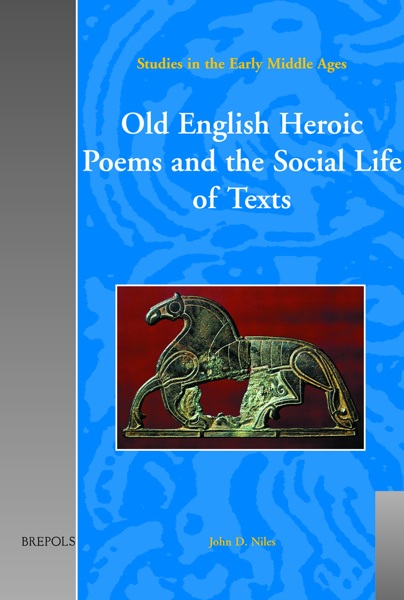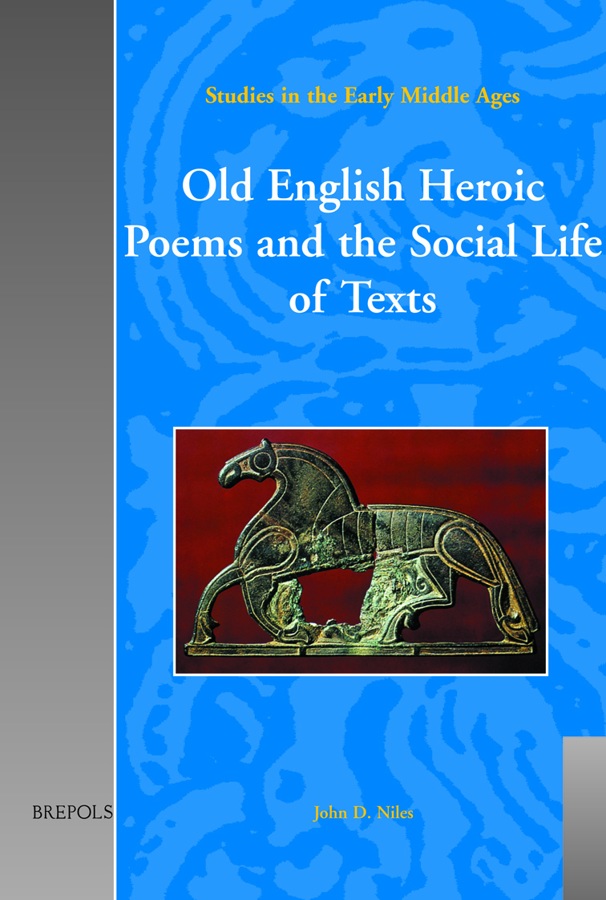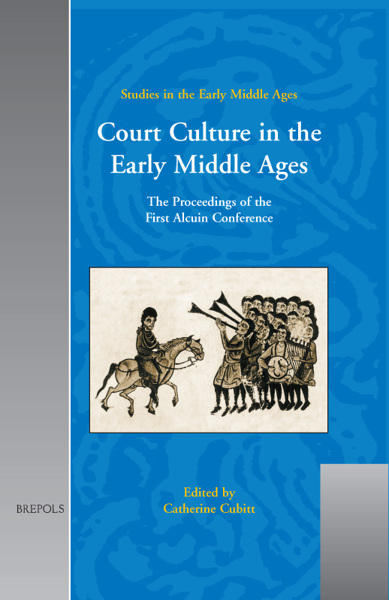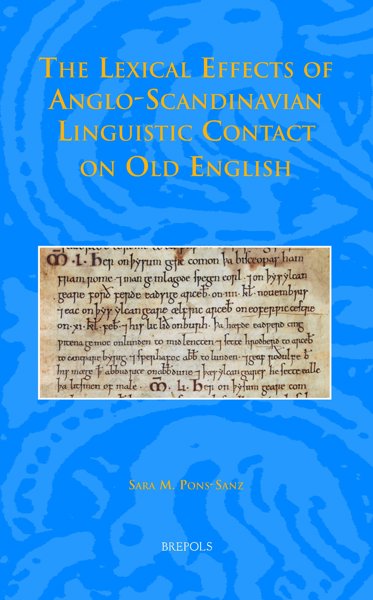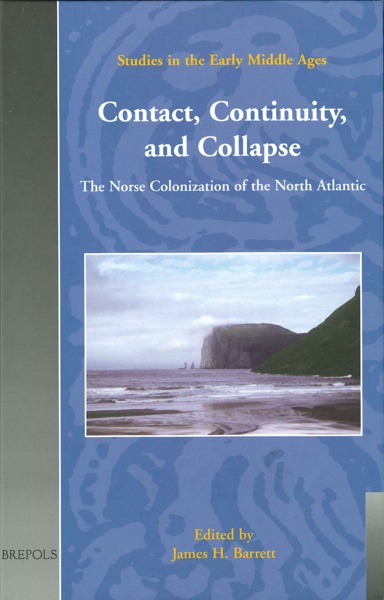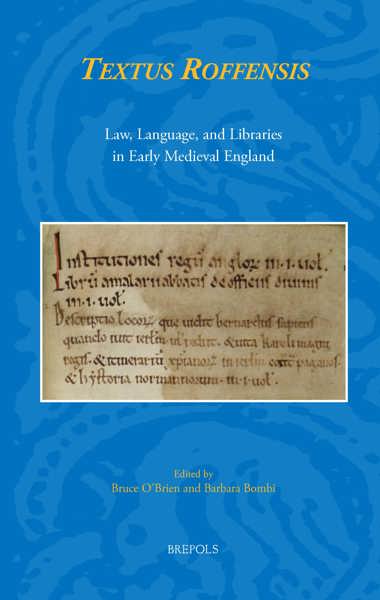
Old English Heroic Poems and the Social Life of Texts
John D. Niles
- Pages: 374 p.
- Size:160 x 240 mm
- Illustrations:4 b/w
- Language(s):English
- Publication Year:2007
- € 50,00 EXCL. VAT RETAIL PRICE
- ISBN: 978-2-503-52080-3
- Hardback
- Available
- € 50,00 EXCL. VAT RETAIL PRICE
- ISBN: 978-2-503-55897-4
- E-book
- Available
This volume assesses the place of heroic poetry in the evolving society of Anglo-Saxon England during the tenth-century period of nation-building.
"(...) it is clear that Niles has made a major contribution to Old English studies on many levels. (...) That it adds significantly to the growing body of literature locating Old English verse in a specific rather than universalized cultural contact alone makes Niles's volume particularly welcome." (S. Jurasinski, in: The Medieval Review, 07.11.18)
Old English Heroic Poems and the Social Life of Texts develops the theme that all stories- all 'beautiful lies', if one considers them as such- have a potentially myth-like function as they enter and re-enter the stream of human consciousness. In particular, the volume assesses the place of heroic poetry (including Beowulf, Widsith, and The Battle of Maldon) in the evolving society of Anglo-Saxon England during the tenth-century period of nation-building. Poetry, Niles argues, was a great collective medium through which the Anglo-Saxons conceived of their changing social world and made mental adjustments to it. Old English 'heroic geography' is examined as an aspect of the mentality of that era. So too is the idea of the oral poet (or bard) as a means by which the people of this time continued to conceive of themselves, in defiance of reality, as members of a tribe-like community knit by close personal bonds. The volume is rounded off by the identification of Bede's story of the poet Cædmon as the earliest known example of a modern folktale type, and by a spirited defense of Seamus Heaney's recent verse translation of Beowulf.
